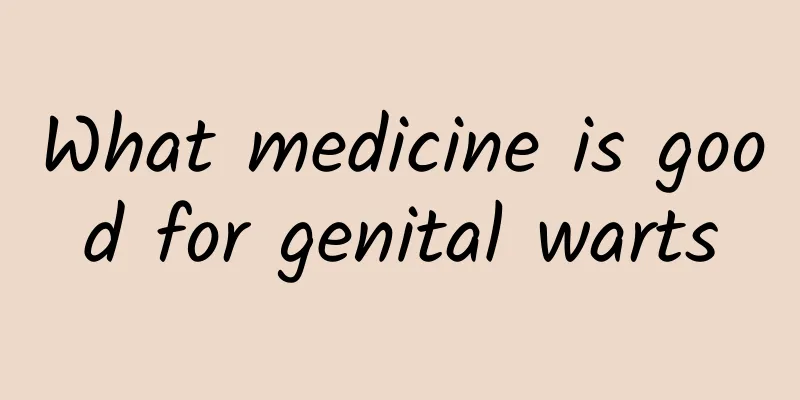Why are my legs a little swollen?

|
If you experience calf swelling, you should pay attention to it. There are many reasons for calf swelling. If you drink too much water and cause water intoxication in your daily life, this phenomenon may occur. In addition, some diseases are important causes of calf swelling. The most common ones are kidney disease or cardiovascular disease, which may cause symptoms of calf swelling. Why are my legs a little swollen? The first is to rule out chronic nephritis. Relevant examinations can include urine routine test, 24-hour urine protein quantification, etc. The second is to rule out heart reasons, comprehensively consider whether climbing stairs is strenuous, and do electrocardiogram, cardiac B-ultrasound and other examinations. The third is to rule out liver problems. Poor liver function can also cause hypoproteinemia and edema. Blood can be drawn to check liver function. Fourth, rule out endocrine problems, such as hypothyroidism. This can be done by drawing blood to check T3 and T4. Low T4 and normal T3 can be considered one of the indicators for early diagnosis of hypothyroidism. If these four conditions are ruled out, it is clinically called idiopathic edema in women. This disease mostly affects women, and most of the affected women are in their childbearing age, between 20 and 50 years old. Edema is often cyclical. When edema develops to a certain extent, the body can excrete more water and salt. Edema can be relieved after resting or lying down. What to do about edema In addition to massage, proper eating habits can also create beautiful legs. 1. Vitamin E helps remove edema. Poor blood circulation can easily lead to edema of the feet. Foods containing vitamin E can help accelerate blood circulation, prevent leg muscle relaxation, etc. Foods rich in vitamin E include almonds, peanuts, wheat germ, etc. 2. Vitamin B group accelerates metabolism. Vitamin B1 can convert sugar into energy, while B2 can accelerate the metabolism of fat. Eat more foods rich in vitamin B, such as mushrooms, sesame, tofu, peanuts, spinach, etc. 3. Eat less salt to reduce edema. Eating salty foods frequently can easily cause excessive water accumulation in the body, leading to edema, which easily accumulates in the calves. In addition to reducing salt absorption in your diet, you can also eat more foods containing potassium, because potassium helps excrete excess salt from the body. Foods containing potassium include tomatoes, bananas, potatoes, celery, etc. In terms of diet, it is recommended to cook porridge together with yam, coix seed, and water chestnut, and drink a bowl of it every morning. At the same time, you can eat more spleen-nourishing foods such as beef, chicken, red dates, carrots, potatoes, etc., and avoid foods that can easily damage the spleen, such as bitter melon, cucumber, winter melon, celery, and bananas. Duck meat, pork, oysters, milk, and sesame can easily hinder the spleen's functioning, so don't eat too much of them. |
<<: My calves itch so badly that they bleed when scratched. What should I do?
Recommend
How low can the umbilical artery SD be?
During pregnancy, a pregnant woman will go to the...
What is the spleen-strengthening food therapy?
Diet is very important to everyone, because it is...
What is refined vegetable oil?
Many people like to eat foods such as biscuits, m...
What are the benefits of eating sea cucumbers?
The nutritional value of sea cucumbers is well kn...
Do noodles nourish the stomach or hurt it?
Nowadays, many people suffer from stomach problem...
Iron poisoning symptoms
Many friends need to supplement their blood becau...
Why do you love drinking water?
Everyone needs water to survive, so water is clos...
Causes of Anemia
Qi and blood are very important for our female fr...
Symptoms of sebaceous cysts, treatments for sebaceous cysts
Sebaceous cysts are very common in many people. G...
Can a woman have sex when she is pregnant?
When a woman becomes pregnant, she needs to pay a...
Two Chinese Herbs for Treating Splenomegaly
What are the traditional Chinese medicine treatme...
How to treat snake gall bladder sore
There are many common diseases in life. After the...
How to remedy the problem of being exposed to wind during confinement?
Many people always experience symptoms of physica...
Men's breast pain
Breast diseases are not exclusive to women. Men m...
There are several types of saffron
There are many different types of saffron, each o...









